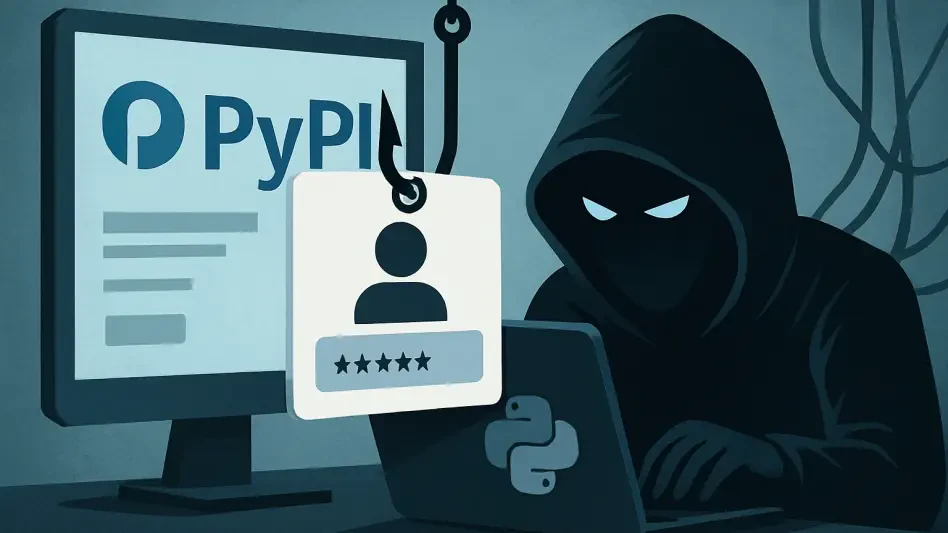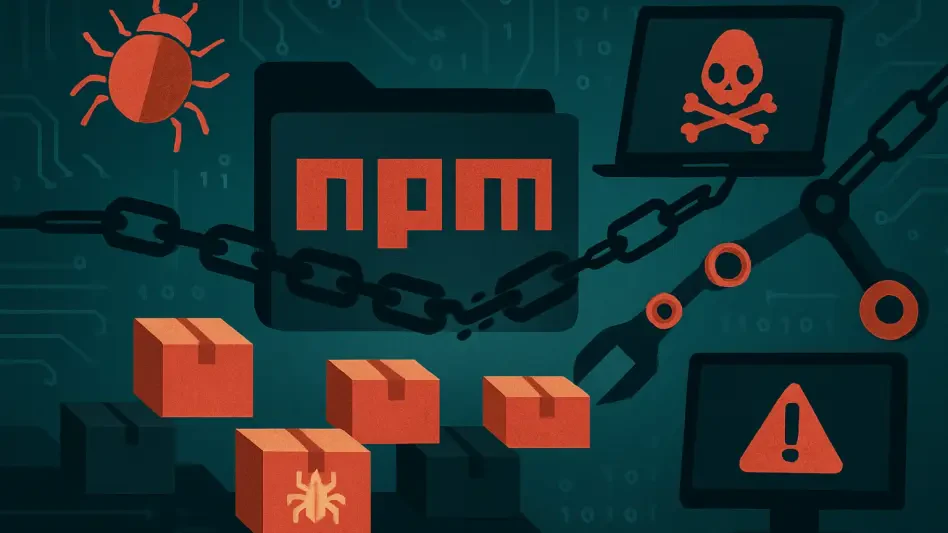In a world where technology-driven communication has become the norm, social media professionals are increasingly responsible for managing and protecting the online presence of major corporations. As these professionals hold key roles in marketing and customer engagement, they have become prime targets for sophisticated cyberattacks. One method that has gained notoriety is spear phishing, a highly targeted form of phishing that specifically aims at individuals whose roles grant them access to valuable information. In a spear phishing campaign launched in late summer 2024, hackers posing as recruiters from Fortune 500 companies have begun incessantly attacking social media and marketing professionals, luring them with fraudulent job offers.
The Campaign’s Objectives and Methods
The objective of this spear phishing campaign goes beyond merely stealing usernames and passwords, aiming to collect uncommon personally identifiable information (PII) from its victims. According to research conducted by email security firm Cofense, the hackers seek detailed records of past work experience, education history, and other personal details. This information is not just useful for identity theft but can also help in answering security questions and making future personalized attacks. Therefore, the attackers are accumulating data that could facilitate unauthorized access to accounts by resetting passwords or responding to verification queries.
The campaign primarily targets social media professionals within specific industries, notably finance, insurance, retail, manufacturing, and healthcare. Emails spoofing Meta form the largest segment of these fraudulent communications. The hackers use a diverse range of email styles—some are straightforward and direct, while others are highly personalized and verbose, often packed with industry jargon. By incorporating open-source intelligence (OSINT), these emails appear convincing and legitimate, significantly increasing the chance of duping recipients. Victims who click on the phishing links are directed to carefully designed fraudulent pages, which may include CAPTCHA pages, spoofed Facebook login forms, or fake job application forms.
Email Spoofing and Social Engineering Techniques
The deceiving emails mainly impersonate Meta, Coca-Cola, and Red Bull, exploiting their massive advertising presence to appear more credible. This tactic is exceptionally effective because the recipients—being professionals in marketing or social media roles—are likely to consider these emails as part of their regular job opportunities. By simulating the language and appearance of real recruitment messages, the attackers can entice their targets to lower their guard, click on links, and input sensitive information. These emails range from simple recruitment pitches to complex, individualized messages tailored explicitly to appeal to the recipient’s career ambitions and experience.
Once victims click on a phishing link, they are typically redirected to spoofed web pages designed to mimic authentic company websites closely. These fraudulent pages often prompt additions of emails, phone numbers, and comprehensive job application details. Some landing pages include CAPTCHA steps to mimic legitimate websites, thereby tricking the victim into believing the communication is genuine. Moreover, these phishing sites usually have a short lifespan, often staying active for less than 24 hours, making them elusive and difficult to track.
Implications and Security Recommendations
In today’s digital age, technology-driven communication is now standard. As the gatekeepers of corporate online presence, social media professionals must manage and safeguard these channels. They play pivotal roles in marketing and customer engagement, making them attractive prey for advanced cyberattacks. One notorious method is spear phishing, a targeted form of phishing that zeroes in on individuals with access to high-value information. During the late summer of 2024, hackers ramped up their spear phishing efforts, masquerading as recruiters from high-profile Fortune 500 companies. Their primary targets are social media and marketing professionals, who are lured in with fraudulent job offers. The goal is to exploit their trust and gain access to sensitive data, compromising the security of the corporations they represent. These professionals must remain vigilant and discerning in the face of these sophisticated threats to protect both their personal and corporate information from being exploited by cybercriminals.







